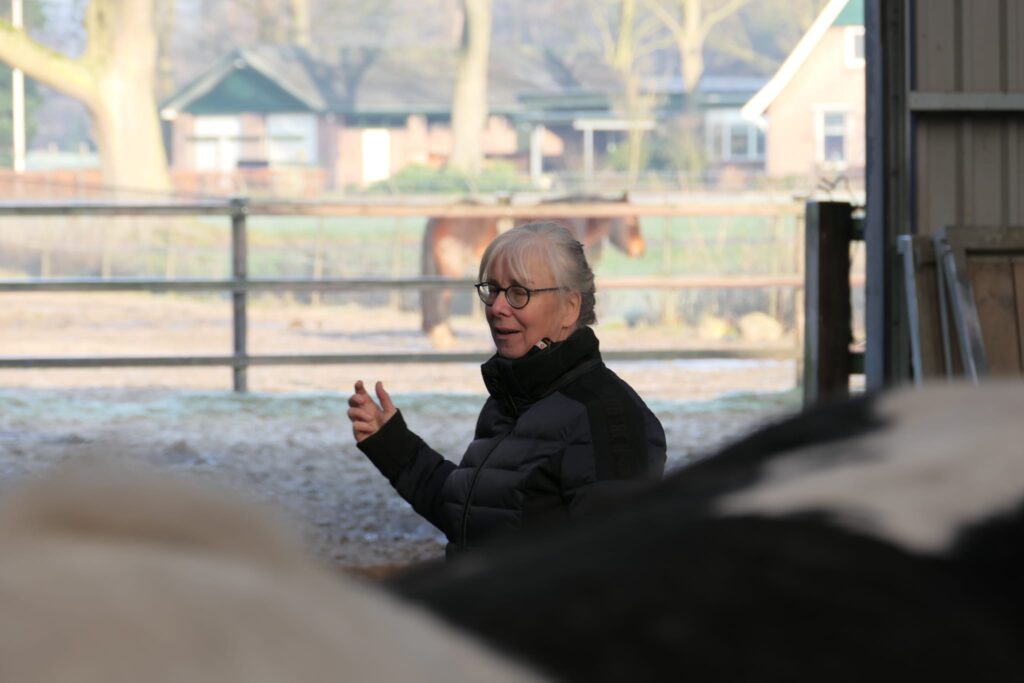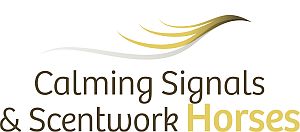Co-teachers: dr. Amber Batson & Rachaël Draaisma
Helping horses recover through enrichment:
Merging the science and practical application for professionals working in equine rehabilitation and rehoming or veterinarian clinics
This 2 day, in person, workshop will provide a unique opportunity to learn about the science of enrichment including types of scentwork, proprioception as well as visual, tactile, auditory and taste whilst offering a variety of practical application opportunities. These will include observing and assessing video footage, working in small groups with and without equines and using materials to practice creating low cost, eco friendly environmental enrichments.
Particulary suited to professionals who:
- help horses recovering from physical injury / disease (activities to provide stimulation during box rest, limited turnout, and to incorporate into the physical movement rehabilitation)
- help horses recovering from psychological injury (activities to promote appropriate brain pathway development and influence gut microbiota & certain movement patterns now understood scientifically to influence brain chemical activity and affect behaviour)
- wish to provide activities for non ridden equines that would benefit from stimulation and movement and help enhance the owner / caregiver to equine bond
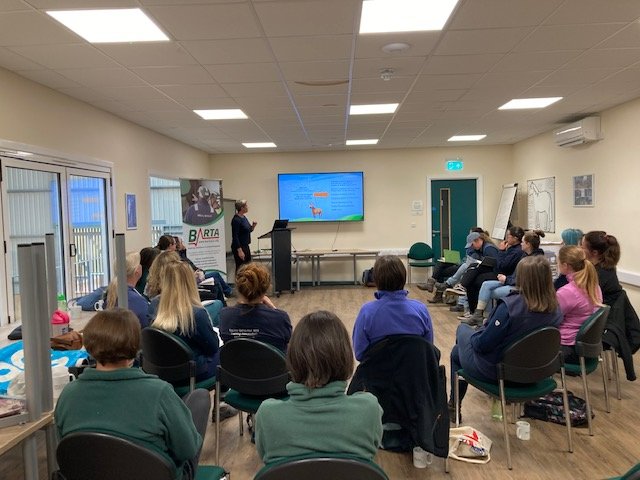
These two days are co-taught by dr. Amber Batson and drs. Rachaël Draaisma. There will be theory blocks and practical sessions. The whole group will together follow the theory sessions, given sequentially by dr. Amber Batson and drs. Rachaël Draaisma.
There will be two groups for practicals, all participants will get opportunities to do all practicals
Some topics we will be addressing in the theory sessions
- Defining enrichment and consideration of types and underlying physiology as can impact on mental and physical rehabilitation (Amber Batson).
- Considerations of how to use enrichment in recovery from physical versus emotional trauma. Physical recovery: movements to facilitate tissue and viscera function recovery, methods of achieving these through enrichment. Managing rebound (transitioning confinement to free movement / turnout)
- Emotional recovery: how appreciating the difference between post trauma stress and conditioned responses may impact on our rehabilitation choices and where storage of fear memories is affected by sensory perception. Introduction to sensorimotor integration. (Amber Batson)
- Creating a practical plan for an individual horse. How to start with a horse in pain, high tension, separation anxiety, depression (Rachael Draaisma)
- Scent tracking considerations and how to set up for success (Rachael Draaisma)
During the practical sessions: there will be a combination of scentwork, environmental enrichment in stable, track, field, etc and proprioception/sensory integration activities.
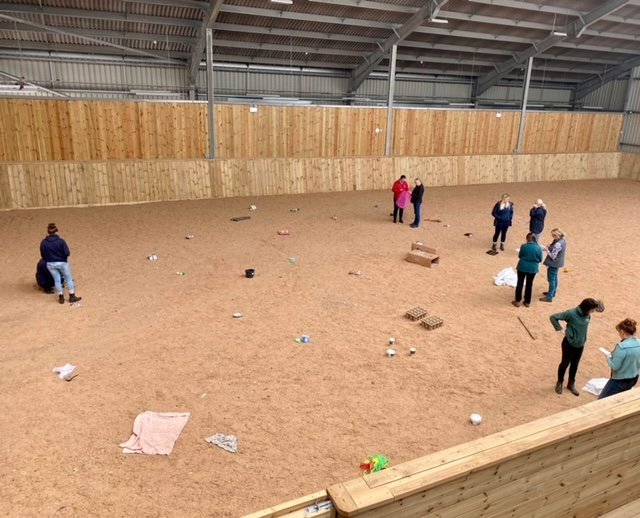
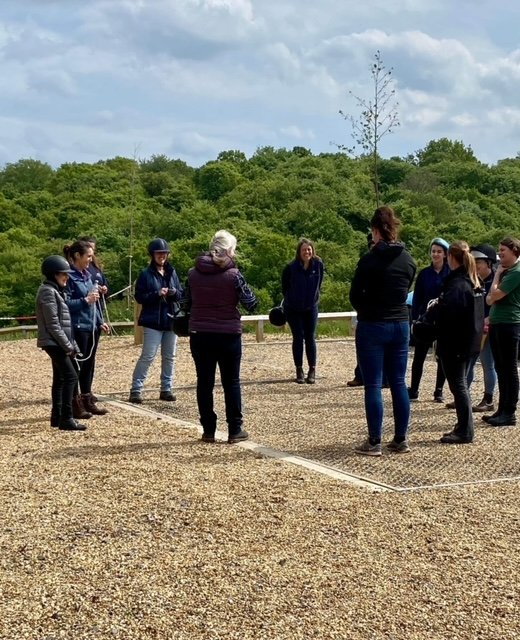
Testimonials
“Friends, forage and freedom is only the beginning of how we can ensure our horses are leading fulfilling lives. Amber and Rachel have opened my eyes to how much more we can do for our equines to really help them thrive whilst grounding it all in the latest science!”
Comment Claire Gordon – World Horse Welfare on our program
“Had an amazing time at this event and learnt so much from Amber and Rachael. It has really made me think so much more about how we keep horses and how we can easily do more for them using enrichment to make their lives better. The scentwork was so interesting and I’m excited to start using all the tools and ideas I have learnt to better as many horses’ welfare as possible. I look forward to taking it back to my charity as well as using it with my own horses at home.”
Co-teachers: dr. Amber Batson & drs. Rachaël Draaisma
Amber Batson graduated from the Royal Veterinary College, London as a veterinarian and surgeon in 1999. She has always had a keen interest in animal behaviour and has undertaken several years of part time study alongside her veterinary career to become an equine, feline and canine behaviourist. Amber has researched companion animal welfare, including subjects relating to responsible pet ownership, and psychoneuroimmunology, a branch of veterinary medicine that deals with the influence of emotional states (such as stress) and nervous system activities on the immune system.
She has undertaken voluntary work for international animal charities including a position as welfare consultant for WSPA (now WPA). She lectures on animal behaviour and welfare education for owners and animal professionals, including the veterinary profession, in multiple countries across the world.
Her aim is to improve scientific understanding of behavioural issues, at a practical level for pet owners and animal professionals.
Rachaël Draaisma: behavioural consultant, (from 2003 and on), researcher and author of the book Language signs and calming signals of horses and Scentwork of horses. Rachaël is an expert in reading the horses body language. Various features (some very detailed) and behaviours are given meaning to and are linked to comfort or possible tension levels. Another pilar in Rachaël’s life with horses evolves around equine mental stimulation and scentwork. Rachaël developed a method to do scent tracking with horses. Both expertises combined give Rachaël the tools to help horses expand their comfortzone while living in our shared world.
